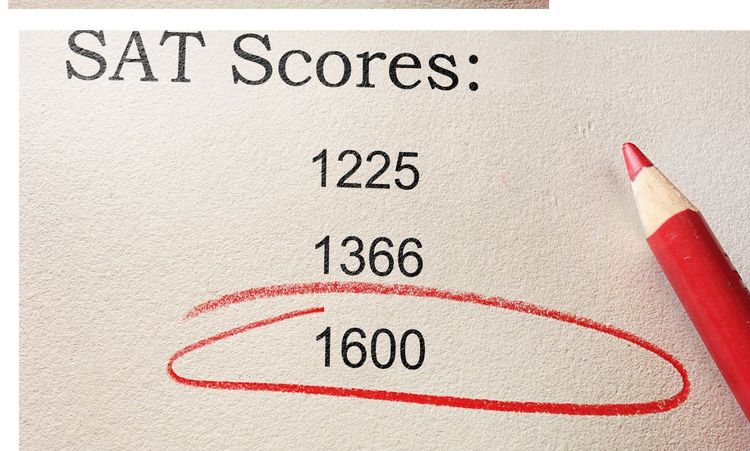Every student has faced that moment of staring at notes, rereading the same sentence, and realizing nothing sticks. It’s frustrating. Studying isn’t just about working harder; it’s about working smarter. When you align study habits with proven strategies, your learning skyrockets.
The truth is, cramming late into the night doesn’t guarantee retention. Real progress comes from structured approaches, active engagement, and environments designed for focus. If you’ve ever wondered why some classmates seem to “get it” faster, it often isn’t about raw intelligence—it’s about strategy.
Let’s explore how you can shift from passive studying to methods that truly maximize learning.
Rethinking Study
Most students equate studying with repetition—reading notes or highlighting textbooks. Unfortunately, that’s a weak approach. Studies from the Association for Psychological Science show passive reading has minimal long-term effects on memory.
Think of it like going to the gym. Watching someone lift weights doesn’t make you stronger. Picking up the weights yourself builds the muscle. Similarly, knowledge grows when you engage with it.
The problem is many traditional systems emphasize rote memorization, leaving students unaware of more effective alternatives. Once you rethink studying as a dynamic process, you unlock a more powerful toolkit for learning.
Building Your Foundation
Before diving into advanced techniques, you need a strong base. A foundation starts with consistent habits and routines.
- Sleep, nutrition, and exercise aren’t just lifestyle factors; they directly impact cognitive function. Neuroscientists have repeatedly shown that poor sleep reduces memory consolidation.
- Time management matters just as much. Creating a regular study schedule prevents last-minute cramming. Tools like the Pomodoro timer break work into digestible chunks.
A study from the University of Illinois found that structured breaks enhance productivity and focus. Without these essentials, even the best study strategies crumble.
Mastering Active Learning Techniques
1. The Feynman Technique
Nobel Prize-winning physicist Richard Feynman believed the best way to learn was to explain concepts in plain language.
Steps:
- Pick a topic.
- Write it down in simple terms.
- Pretend you’re teaching it to someone with no background knowledge.
Gaps in understanding become instantly obvious.
For example, if you explain photosynthesis to a younger sibling and find yourself relying on jargon, you don’t fully understand the process. Students at Princeton University reported better retention when using Feynman’s method than traditional rereading.
2. Concept Mapping and Visual Aids
Some learners think best in images. Concept maps help organize complex information visually. Instead of linear notes, you create webs that show relationships.
Educational psychology studies show concept maps enhance comprehension in subjects like biology and medicine. Pairing maps with infographics or timelines makes studying not just effective but engaging—especially for visual learners.
Optimizing Your Environment for Focused Study Sessions
Finding Your Ideal Study Location
Location matters more than most students realize. Studying on a noisy couch with your phone buzzing every minute sets you up for distraction.
Cognitive scientists call this context-dependent learning: your brain associates knowledge with the environment where you learned it. A consistent, quiet spot improves recall.
Interestingly, research from the University of California found that alternating between two consistent study locations can boost memory flexibility.
Achieving Deep Focus
Distractions kill focus. Start by silencing notifications or using apps like Forest or Freedom. Beyond that, mental preparation is key.
- Meditation before studying can calm mental chatter.
- Set clear goals for each session. For example: “Master one math problem set” instead of “Study math.”
This helps reach flow, a state of full immersion described by psychologist Mihaly Csikszentmihalyi. Flow happens when tasks are challenging but not overwhelming.
Structuring an Effective Study Session
A good session isn’t random—it’s structured.
- Break large tasks into smaller objectives.
- Use active recall (quiz yourself instead of rereading).
- Apply spaced repetition (tools like Anki remind you just before forgetting).
Cognitive science confirms that spaced repetition boosts long-term memory. Another strategy is interleaving—mixing topics during practice. For example, alternate between algebra and geometry. Though harder at first, it strengthens problem-solving and adaptability.
Leveraging Collaborative Learning
Studying doesn’t have to be solitary. Group learning introduces new perspectives and accountability.
For example, medical students in Boston formed peer study circles where each member taught part of the material. The results? Better exam performance and higher confidence.
The key is focus—avoid turning group sessions into social hangouts. Productive dialogue and peer teaching amplify retention.
Cultivating a Learner’s Mindset
No strategy works without the right mindset. Psychologist Carol Dweck’s research on growth mindset shows that believing intelligence is flexible leads to better outcomes.
Practical ways to build this mindset:
- Journal progress and reflect on challenges.
- Celebrate small wins.
- Reframe failure as refinement, not defeat.
A teacher in Texas, for instance, shares stories of inventors who failed repeatedly before success. This simple narrative shift inspires resilience among students.
Conclusion
What are the most effective study strategies to maximize students’ learning? The answer isn’t one magic trick—it’s a combination:
- Build strong foundations with habits, routines, and time management.
- Apply active methods like the Feynman Technique, concept mapping, and active recall.
- Optimize environments for focus and flow.
- Use spaced repetition and interleaving to reinforce memory.
- Collaborate with peers for deeper engagement.
- Adopt a growth mindset to fuel resilience.
Success in learning comes down to strategy plus effort. Struggling with studying doesn’t mean you’re “bad” at it—it just means you’ve been using the wrong tools. With the right approach, your potential is limitless.




